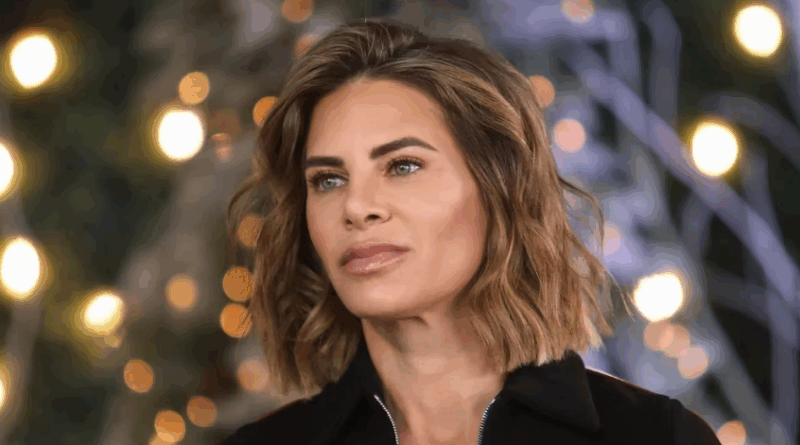Fitness Guru Jillian Michaels Blasts Her Portrayal In ‘Biggest Loser’ Documentary, Brings Receipts
Jillian Michaels is pushing back hard against her depiction in Netflix’s new docuseries Fit for TV: The Reality of the Biggest Loser, which has surged in popularity since its August 15 release. The three-part limited series examines controversies surrounding NBC’s weight-loss competition show, and while Michaels declined to participate in the project, she is now publicly dismantling many of its claims.
Fighting Back With Evidence
In a series of social media posts, Michaels shared emails and texts that she says disprove allegations made in the documentary:
-
Caffeine Pills: Contestants and former staff claimed pills were secretly used, but Michaels posted emails showing that Bob Harper and Dr. Robert Huizenga, both prominently featured in the series, approved caffeine use on the show. “Caffeine was NEVER banned on The Biggest Loser,” she wrote, blasting her critics for lying in the era of “texts and email.”
-
Calorie Intake Allegations: Contestant Suzanne Mendonca alleged competitors were forced onto 800-calorie diets. Michaels countered with an email to Season 11 winner Olivia Ward, instructing her to eat 1,600 calories—double the number cited by Mendonca.
-
Millionaire Comment: The docuseries claimed Michaels told a contestant at the finale, “You’re going to make me a millionaire.” She categorically denied this, stressing that both she and the contestant were mic’d and no such remark exists in any audio. To reinforce her case, she shared texts from executive producers Mark Koops and Dave Broome stating the comment was never made.
View this post on Instagram
Legal Action on the Table
Speaking to TMZ, Michaels described the series as “filled with so many lies” and confirmed she has retained counsel. She is exploring possible legal action against Netflix, Harper, and Huizenga for what she views as defamatory claims.
A Legacy Under Fire
The Biggest Loser has long carried a mixed legacy—credited with inspiring viewers but condemned for what critics argue were unsafe practices and exploitative tactics. With the Netflix series reigniting debate, Michaels is aggressively defending her reputation and trying to reframe the narrative as one built on selective editing and false testimony.
Her counteroffensive suggests this story is far from over, with potential lawsuits looming and her reputation once again in the spotlight.

